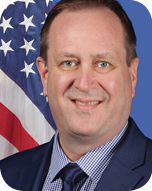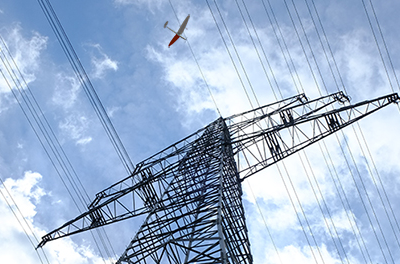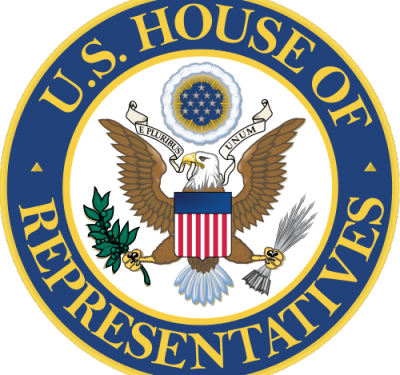 Jay Merkle, Executive Director, FAA Office of Unmanned Aircraft Systems Integration
Jay Merkle, Executive Director, FAA Office of Unmanned Aircraft Systems Integration
Q: What is your office learning from the Integration Pilot Program (IPP) about building public acceptance for unmanned aircraft systems (UAS)?
A: So I think right now the lessons we’ve learned have been that there’s an overall positive sense toward integrating drones into (people’s) communities. The kinds of concerns we hear are very typical sorts of concerns—it shouldn’t surprise any of us.
Q:Will there be opportunities to expand the IPP teams?
A:In the conference report of the (fiscal year) 19 appropriation we have language that says we should not increase the cost of the IPP program; we should report the cost to Congress. We should consider expanding the IPP program but not at the expense of other priorities. So we’re sorting through what all that language means. Meanwhile, we’re very focused on being successful in the current IPP program and considering how the results of this IPP might actually generate needs or requirements for further types (of application) pilots. …So, we really want to consider a next round of IPP based on what comes out of this round.
Q:The FAA (Federal Aviation Administration) recently got $6 million to provide matching funds for private sector testing at the FAA’s UAS test ranges. What are your goals for that?
A:Plenty of our current research priorities still remain to be filled and so we’ll continue to pursue those. Examples of those might be areas like detect and avoid—[and] in general, UAS integration into the airspace. And, of course, we have a separate legislative mandate for counter-UAS standards, and I would expect we would consider those requirements for the $6 million as well.
Q: There was an Office of Inspector General recommendation to speed up waiver processing. Will the FAA be expanding the staff handling flight waivers?
A:In the last year we’ve reduced the time for manual processing of waivers by about 50 percent, so from around 90 days to around 40 days. And that’s good but we realize that’s still not meeting the expectations. We also realize that we’ve got a powerful tool in the LAANC (Low Altitude Authorization and Notification) program, but right now the LAANC program cannot process waivers. So we are in the process of doing the basic safety work and requirements work to add a capability like waivers to LAANC.
Q:Do you have any new plans to enforce drone flight rules?
A:I don’t think it’s an additional step or something new. It’s really just reiterating what we do in terms of managing the safety in the NAS (National Airspace System). But remember, enforcement’s very difficult without being able to locate the drone and locate the operator and identify the operator. And again this is why we believe that remote ID is so important to the safety and the security of the NAS.






